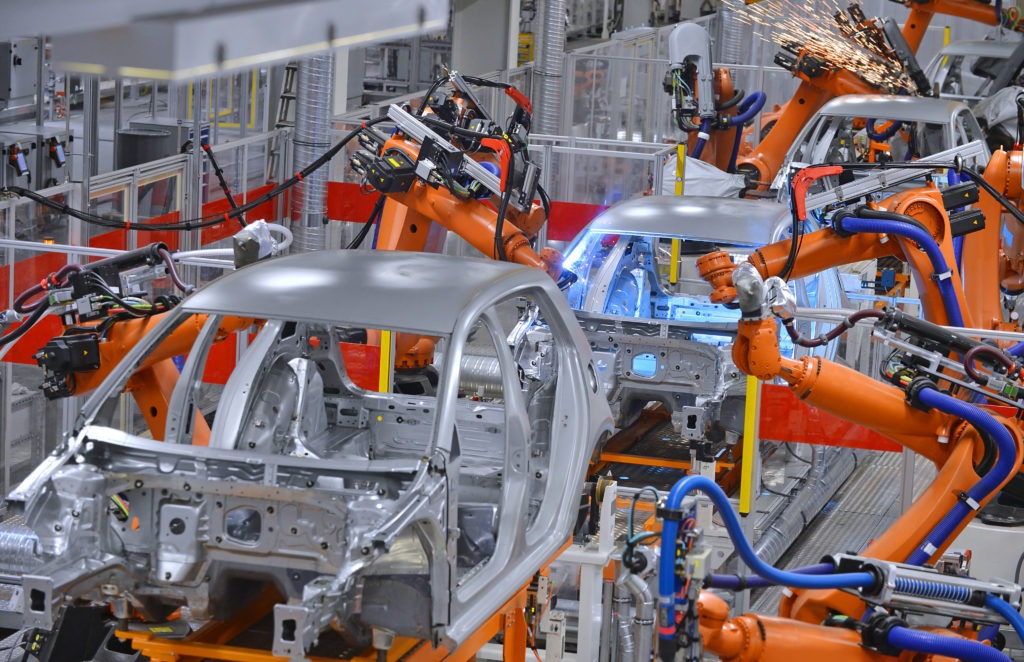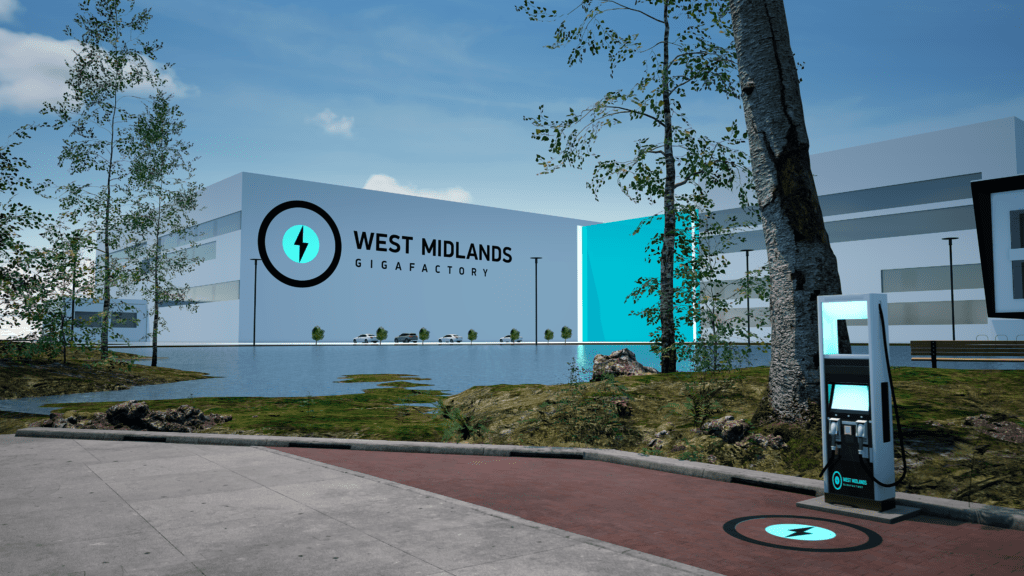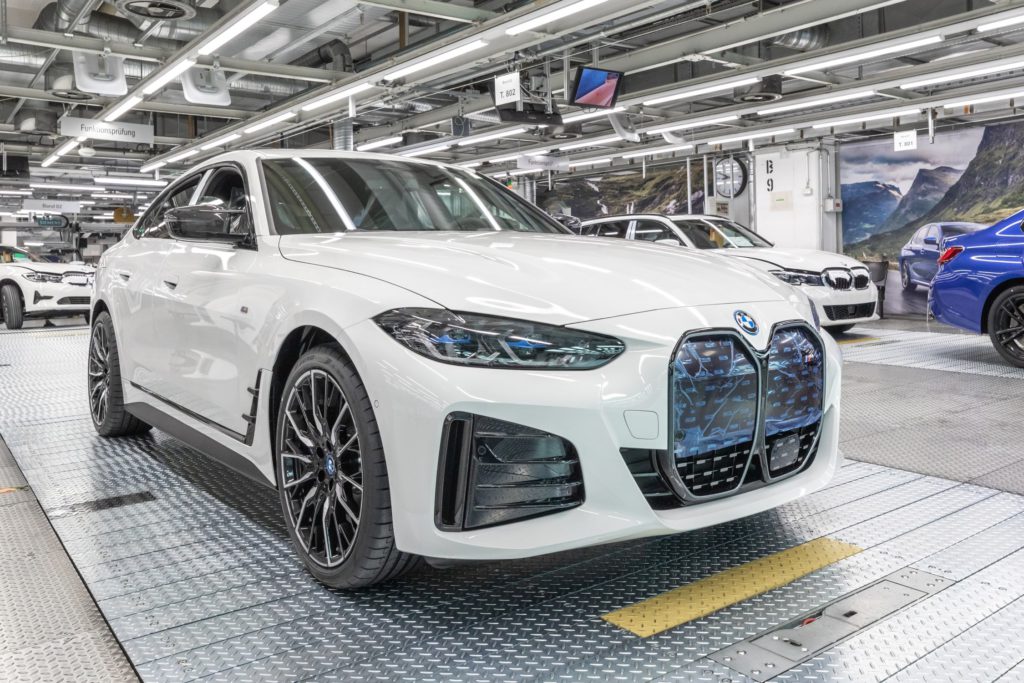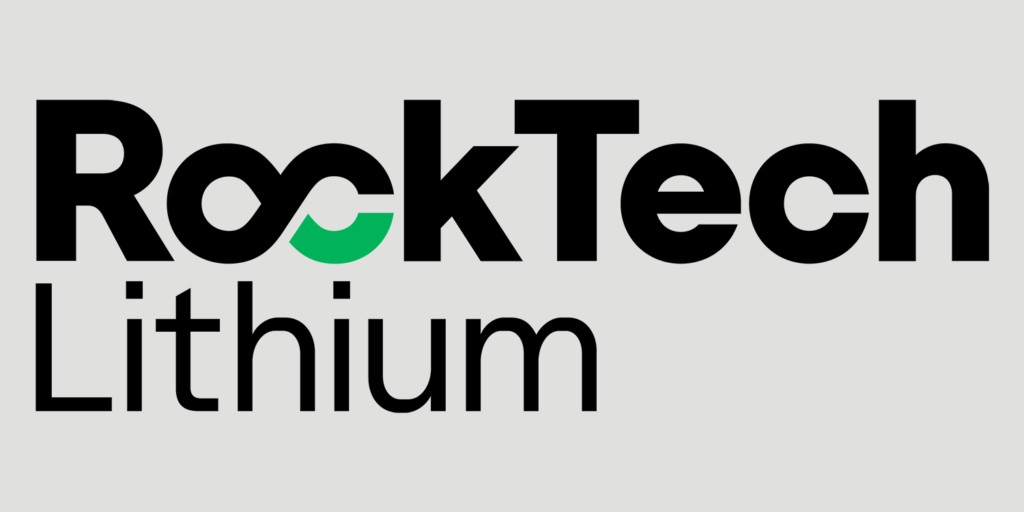ElevenEs to build LFP battery gigafactory in Serbia
28 October 2021
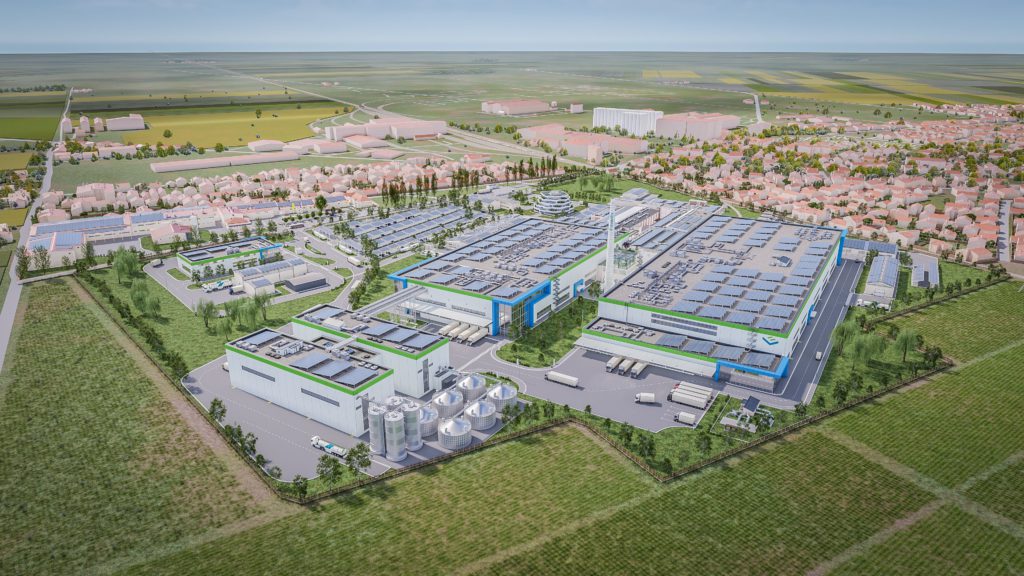
Serbian battery developer ElevenEs has signed an agreement with European early-stage investor EIT InnoEnergy to build the first lithium-iron-phosphate (LFP) battery gigafactory in Europe. Construction is due to begin in 2024.
ElevenEs, a spin-off of aluminium processor Al Pack Group, said the plant will be based in Subotica and will use 100% renewable energy. It will initially have a capacity of 8GWh, which will later be expanded to 16GWh – enough to power 300,000 electrically-chargeable vehicles (EVs) a year.
The location of the site is no coincidence as it is based close to Serbia’s Jadar valley, home to one of Europe’s largest deposits of lithium.
‘Next big thing’
ElevenEs has developed its own LFP technology to produce batteries for EVs, buses, trucks, forklifts, other industrial vehicles, and energy-storage systems. The company recently opened an advanced research and development centre in Subotica, where it employs an international team of engineers and scientists.
With the financial support of its new investor, it will now take on the project to build the LFP battery gigafactory – not only a first in Serbia, but in Europe.
LFP upgrade
LFP batteries are becoming more popular among carmakers for several reasons. They do not require cobalt, nickel, and other hard-to-obtain minerals that have been affected by supply-chain issues. ElevenEs also said LFP batteries are more affordable, durable, and sustainable.
Tesla, for instance, recently announced it would switch the battery chemistry it uses in its standard-range EVs to a version with an LFP cathode. With raw materials now making up the largest part of a battery’s cost, this switch could be a powerful cost lever.
‘LFP batteries are the next big thing on the battery landscape,’ said Jakub Miler, CEO at EIT InnoEnergy Central Europe. ‘Although nickel-based batteries outperform LFP on energy density and are likely to remain the best option for performance cars, LFP is far better in terms of cost, safety, and lifetime, making it a perfect choice for industrial, ESS and city EV (shorter range) applications.’
EIT InnoEnergy, known for its sustainable-energy investments, has injected €560 million into more than 480 sustainable ‘energy innovations’ that are expected to generate €16 billion in commercial revenues by 2026. The company has a track record of investing in gigafactory ventures, including Northvolt in Sweden and startup Verkor in France.
Battery technology
Carmakers in Europe have come under increasing pressure to produce battery-electric vehicles (BEVs) with the EU planning to ban the sale of new petrol and diesel cars from 2035. Establishing a dependable supply chain is key as the region is seeking to build a self-sufficient European battery industry in the coming years.
ElevenEs said Europe will need 14 times more batteries by 2030 than it produces today. As the market continues to grow and is expected to be worth €250 billion a year by 2025, so does the significance of sustainability and the energy performance of batteries. LFP batteries are gaining traction as they promise a long life, affordability, and safety.
‘LFP cells last more than twice as long as competing chemistries, they can be recharged up to 6,000 times, charge faster, can be repeatedly charged to 100% state-of-charge and cause practically no fires in EVs,’ said Nemanja Mikać, founder and CEO of ElevenEs. ‘On top of that, they cost significantly less. It is the most popular choice in China today, which is still the global leader in battery technology.’
While China still dominates the market, Europe is catching up as more companies – from car manufacturers to startups – are looking to build gigafactories in the region. ElevenEs has now become another player in the European battery market.
